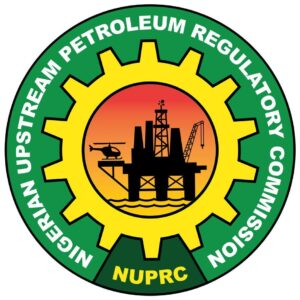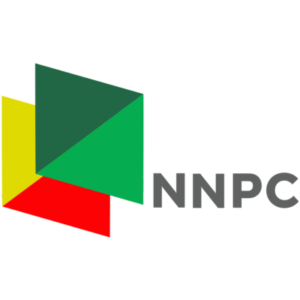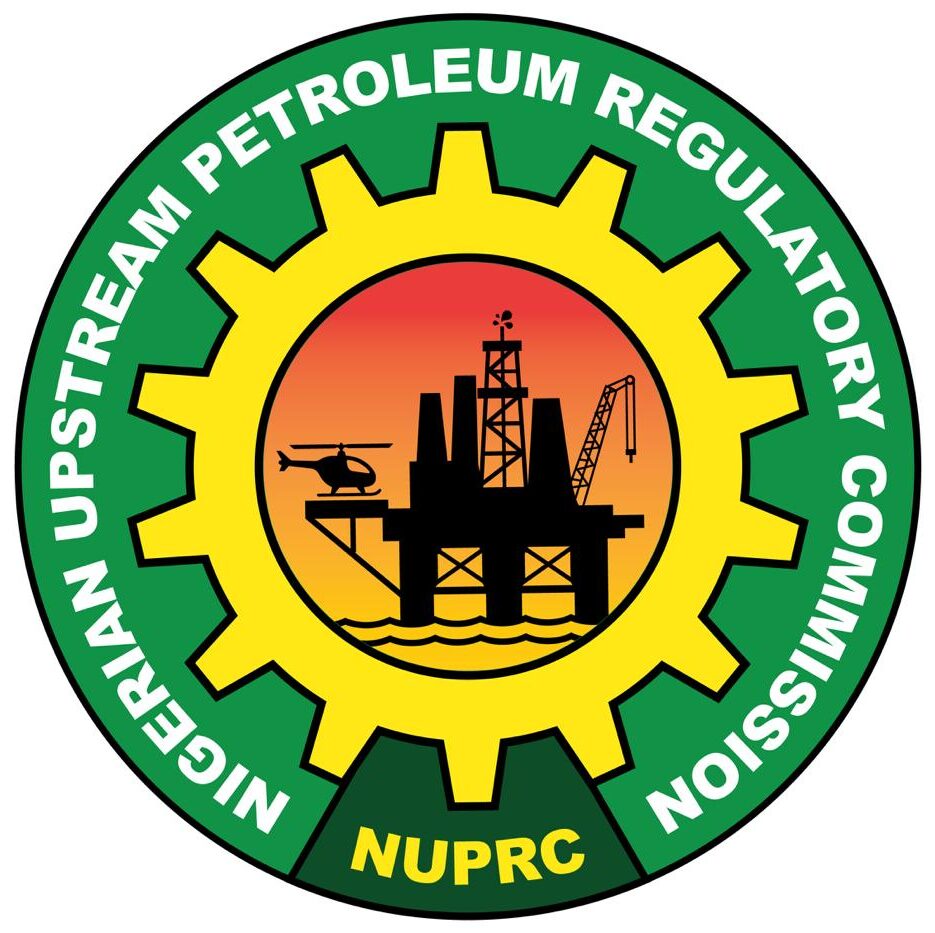The Nigerian Upstream Petroleum Regulatory Commission (NUPRC) has opposed the proposed National Commission for Decommissioning of Oil and Gas Installations (NC-DOGI) Bill, 2024, saying the existing legal and institutional framework provided under the Petroleum Industry Act (PIA) 2021 is sufficient.
The agency made its views known yesterday in Abuja through one of its Directors, Emmanuel Macjaja at the public hearing of the bill organised by the House of Representative Committee on Petroleum Resources (Upstream).
The proposed bill seeks to create a standalone agency with responsibility for coordinating the decommissioning, abandonment, and restoration of oil and gas infrastructure across the country.
Macjaja explained that while the intent to strengthen oversight of late-life petroleum assets is appreciated, the existing regulatory framework established by the PIA, 2021 already provides a comprehensive, integrated and globally benchmarked structure for managing Decommissioning and Abandonment (D&A) in Nigeria.
He said: “The current model assigns statutory responsibility for D&A planning, execution, and oversight to the NUPRC (upstream) and the NMDPRA (midstream and downstream).
“These agencies are already equipped with the technical, operational, and regulatory tools to manage late-lite oil field assets effectively, including cessation of production (CoP) approvals, D&A fund administration, D&A programme evaluation and approval, and D&A execution monitoring.
“The proposed creation of an entirely new Commission will duplicate existing functions, increase regulatory fragmentation, and impose unnecessary financial and institutional burdens on the federal government.”
Macjaja emphasised that the PIA 2021 was the product of years of extensive stakeholder consultation and legislative refinement, saying it specifically assigns decommissioning regulation and fund management to the existing regulatory agencies (Sections 232-233 for NUPRC and corresponding provisions for NMDPRA)
According to him, creating a separate commission now would undermine the principle of regulatory clarity and predictability that the PIA 2021 sought to achieve, thus impacting on the federal government’s initiatives on the ease of doing business.
“The PIA 2021 clearly delineates the roles of NUPRC (for upstream) and MDPRA (tor midstream/downstream), both of which are currently discharging D&A regulatory responsibilities effectively,” he said.
Macjaja stressed that the proposed commission would lead to regulatory duplication and conflicts, while also introducing unnecessary overlaps in responsibilities that could delay project approvals, increase transaction costs for investors, and undermine accountability, especially in enforcement of D&A fund utilisation.




